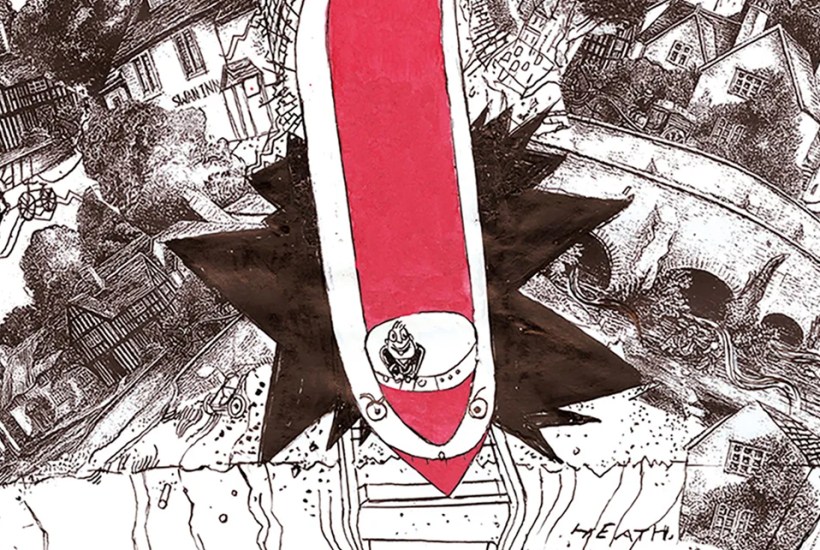After the scrapping of the HS2 link to Manchester, private investment may be needed to build the Old Oak Common to Euston section. Romans would have invited private investment and construction, the bill paid on completion.
Wealthy Romans formed a legal association called a societas when putting their own money into personal ventures, e.g. slave-trading, maritime ventures, the export of garum (fish sauce). But since Rome had no civil service to speak of, it needed wealthy individuals also to put their money behind state contracts put out for tender, when they were called publicani, ‘public servants’.
Over time, as Rome grew wealthier and more powerful, its reliance on publicani increased, and soon they were offering contracts to collect taxes, take up leases on mines to quarry gold, silver and iron (both of these very lucrative), import grain, construct or maintain public infrastructure (aqueducts, roads, temples), supply the army and so on.
We hear, for example, of three associations consisting of 19 state contractors dealing with an emergency during the second Punic War against Hannibal (218-201 bc). According to the historian Livy: ‘The army [fighting Carthage in Spain] needed money, clothing and grain, and their navy everything.’ But Rome had almost run out of money. So an assembly was called to urge ‘those who have made money out of tax-collecting to provide temporary loans, and contract to supply the troops’.
But what happened when the contracts could not be fulfilled? The senate could extend the time, lighten the liability in case of bad luck, impose severe penalties for failure to deliver to spec, or, if the project proved unworkable, release the publicani from the contract.
The point is that the senate needed these contracts to work because they were vital to the Roman economy. As Polybius said, there were so many of them at any one time that nearly everyone in Rome had a stake in them, either as a bidder or as a worker. So what would Romans have made of HS2? Apart, of course, from making it straight.
Got something to add? Join the discussion and comment below.
Get 10 issues for just $10
Subscribe to The Spectator Australia today for the next 10 magazine issues, plus full online access, for just $10.
You might disagree with half of it, but you’ll enjoy reading all of it. Try your first month for free, then just $2 a week for the remainder of your first year.








Comments
Don't miss out
Join the conversation with other Spectator Australia readers. Subscribe to leave a comment.
SUBSCRIBEAlready a subscriber? Log in